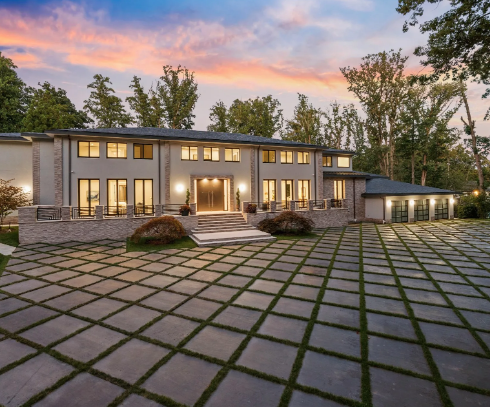Meet Victor Coll, a seasoned expert in the art of in-bound content marketing. With a proven track record in crafting winning content strategies, Victor excels in attracting and engaging audiences organically. His proficiency extends to optimizing content for maximum impact, resulting in increased brand visibility and audience retention. Victor's dedication to the art of in-bound content marketing has helped businesses achieve remarkable growth. Join him as he shares invaluable insights and strategies to empower your content marketing efforts and drive meaningful connections with your target audience.
Why Your Listings Aren’t Getting Enough Online Engagement
WHY PAY MORE?
Why Your Listings Aren’t Getting Enough Online Engagement
Author: Victor Coll
Direct Answer
Your listings aren’t getting enough online engagement because the photos aren’t stopping people mid-scroll, the visuals don’t stand out from competing properties, and the presentation doesn’t create enough emotional pull for buyers to click through.
Key Takeaway: Low engagement isn’t a traffic problem — it’s a visual impact problem.

Buyers Scroll Fast — Really Fast
Buyers behave like every other human online: fast, distracted, and picky. They skim MLS feeds the same way they skim TikTok — quick glance, quick decision, gone. If the first photo doesn’t look bright, clean, and inviting, buyers skip it without a second thought.
Key Takeaway:
Engagement drops when the first image fails to grab attention instantly.

Your Photos Might Be “Good” — But Not Competitive
Here’s the hard truth:
Most agents today use decent photos.
Your job isn’t to be “decent.”
Your job is to be the one listing that looks 30 percent sharper than everything around it.
Listings under-perform when:
• rooms look dark
• spaces look cluttered
• staging feels outdated
• angles feel generic
• exterior shots look flat
• twilight photos are missing
Small issues add up and make the listing look “ehh” compared to competing homes.
Key Takeaway: Engagement dies when your listing looks similar to everyone else’s.

Buyers Want to SEE Possibility, Not Problems
If a buyer has to “imagine” how a home could look, they move on. Busy rooms, personal items, old furniture — they all create mental friction. AI tools remove that friction instantly by showing buyers the clean, modern version of the home they want to picture themselves living in.
Key Takeaway:
Buyers engage when the home looks move-in ready, even if it isn’t.

Where AI Fixes the Engagement Gap
The Hidden Reason Engagement Drops: Order of Photos
Even great images flop when the opening sequence is wrong.
Your first 3–5 photos create the “story” of the property, and if that story feels disjointed, buyers bounce.
Common sequencing mistakes:
• starting with a weak exterior shot
• showcasing awkward angles first
• jumping between rooms with no flow
• ending with poor-quality photos
Photo order matters more than most agents realize.
Key Takeaway: Engagement rises when the listing feels like a clean walkthrough.
Why Sellers Care About Engagement (Even If They Don’t Know the Term)
When a seller compares two agents, they look at one thing:
Who makes homes look more valuable online?
Your engagement becomes their confidence in you.
Better photos = better perceived marketing = more listing appointments.
Key Takeaway:
Engagement is a selling point for YOU, not just the listing.

FAQ
- Do better photos really increase engagement?
Yes. Higher-quality visuals consistently drive more clicks, more time-on-listing, and more showing requests. - How much does clutter affect engagement?
A lot. Busy rooms reduce buyer confidence and tank click-through rates. - Does virtual staging help online performance?
Absolutely. Staged rooms create warmth, scale, and emotional connection. - Are twilight-style photos worth adding?
Yes. Twilight shots almost always outperform standard exteriors. - Does photo order matter?
It does. Sequencing can raise or lower engagement depending on the flow.
Key Takeaway: Engagement builds from clarity, consistency, and clean visuals — all things Hometrack elevates.















